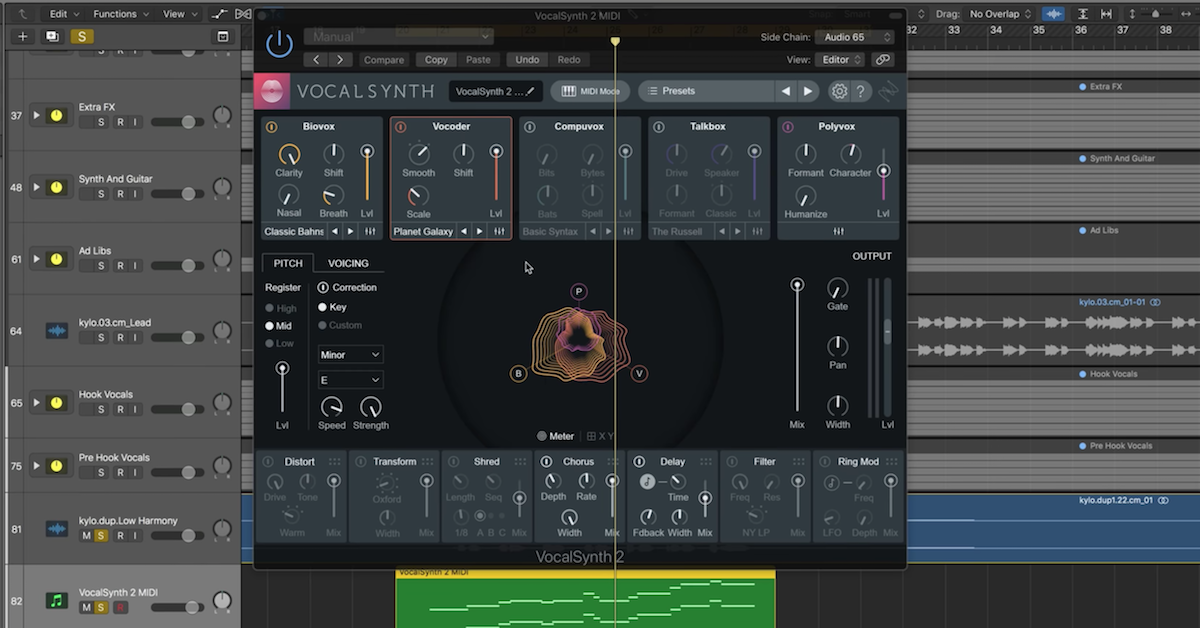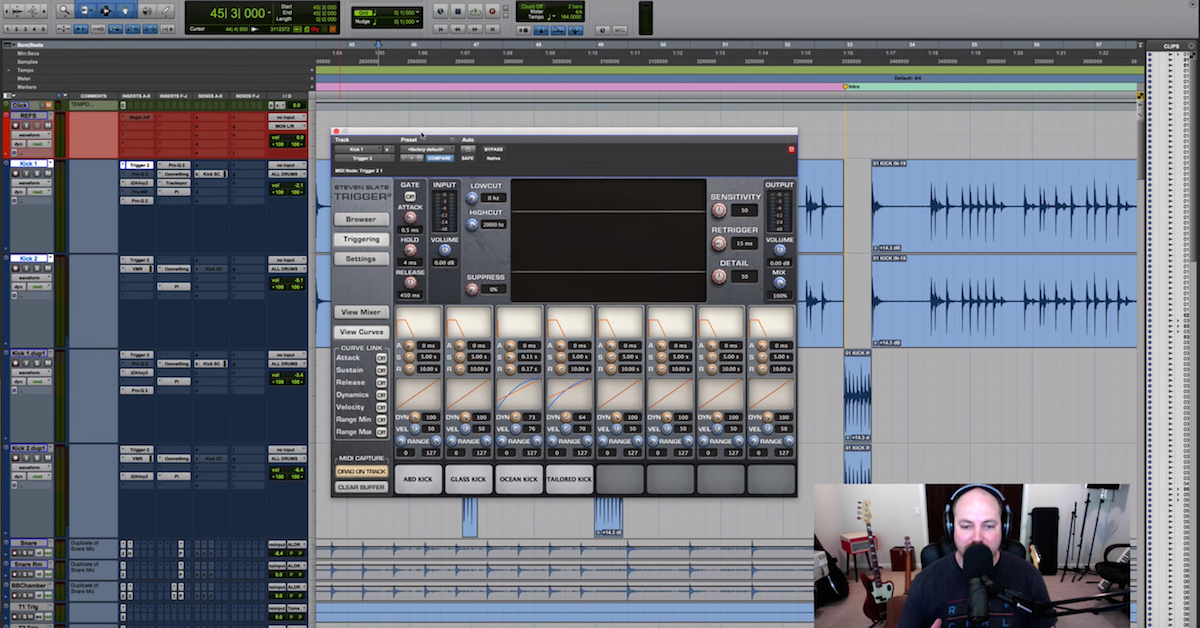How to Uncover Hidden Gems in a Song
Article Content
Often when working with bands or songwriters, I find it helpful to have them record every rehearsal and gig. It’s not necessary to have a high-quality recording. Something as simple as an iPhone or Zoom recorder will do the trick.
Often through the course of time, songwriters vary their performances, take chances or make mistakes. A lot of good that can come out of each of those instances. It could be a phrase or a note played against a chord that adds a real magic to the song. Most likely you wouldn’t have found these new colors if it wasn’t for artistic impulse, an accident or even compensation for a less than desirable setup onstage.
It’s really hard to remember these gems in the moment. Often artists shrug them off, thinking they were no good because it may not have been their intention. However, on playback, it can be a different story.
Don’t Know What You Got (Til It’s Gone)
Let’s take for instance some rehearsals I recently did with Jenna Nicholls. We’ve been changing some arrangements for her songs. We set up shop and recorded a rehearsal at Euphoria studios in NYC.
There was one song called “The Long Goodbye” that we took two passes at. The first pass had some mistakes and we just shrugged it off. Thankfully, the “virtual tape machine” was rolling which would allow me to review later. When I was cutting up the files into mp3’s I gave it a quick listen. But this time I had forgotten why it was not correct.
What I found was interesting. I had begun playing a line that had the perfect character in the banished take. I only played it for a short number of bars. By the next take, I had moved onto something else. I had no real idea of what I stumbled upon at the moment.
This was not my first experience of the kind either. There are all kinds of gems you will find in playback.
Think of it as workshopping the song. Sometimes, I book a gig just to try out new material. I like to know a song a little before I go into the studio. I want to know it enough to where there is still that new excitement, but not meeting the parents yet.
The Rolling Tape
You should record everything. Storage space is so cheap these days. Record, import into Logic, cut up files, label them properly. Can’t stress how important labeling is! Make sure you label them with the song title, location, album and date.
After I cut them up with Pro Tools or Logic, I export them to iTunes and label them. I want to easily search for all versions of a “workshop” song. Original demo, rehearsal, live show, 3rd rehearsal, live show number 2…
I’ll listen through and mine out the moments that are special. I’m not focusing on what wasn’t right. Was the tempo work a bit faster on one the gigs? Did you extend a section and it opened up the song at a rehearsal?
Only the Strong Survive
There is something about performing a song live that exposes its strengths or weakness. For a small fraction of time, it forces you to be unbiased … or as close as you can when you’re the composer.
Practice in Patience
When an artist or band comes in with a stack of tapes (remember the olden days?), we take our notebooks and pencils out. I suggest not using your phone for notes. The reason? It’s easy to get distracted with texts, emails or a zillion other notifications that can distract your attention. Focus is important.
During playback, we’ll take a lot of notes. Don’t even kid yourself that you’ll remember the line you dug was in X rehearsal or X performance during the 2nd verse. Yaaaa right!! The solution to prevent a future hunt for good ideas is to…? Use pencil and paper.
After we’ve researched the workshop tapes, I’ll leave them to hash it out before our next meeting.
Scribble Dibble
Organizing the way you make notes is important.
- Song title
- Performance location
- Date of performance
- Time during song cool thing happens
- Notes on cool thing
Let’s say I’m listening back to rehearsal of “The Long Goodbye” I mentioned earlier. In the notes section, I might write something like “play low F# in second verse”.
Don’t fret (get it?) if you don’t know music theory. Find another way to explain what you like. You’re not being graded on your music theory knowledge. The only thing that matters is you get your ideas across. And don’t forget to write down the min: sec it happens.
Father Time
I’m certainly not suggesting that you should be workshopping songs for years. There is an expiration date on creativity for a song. You won’t reach that expiration date as quickly with performances as rehearsals. Rehearsal if overdone can wear out all emotion of a song.
The adrenaline in a live setting acts as an artistic preservative of sorts.
Wrap it Up
This should give you enough homework for the time being. You will be graded, but don’t worry I use a sliding scale based on gifts.






